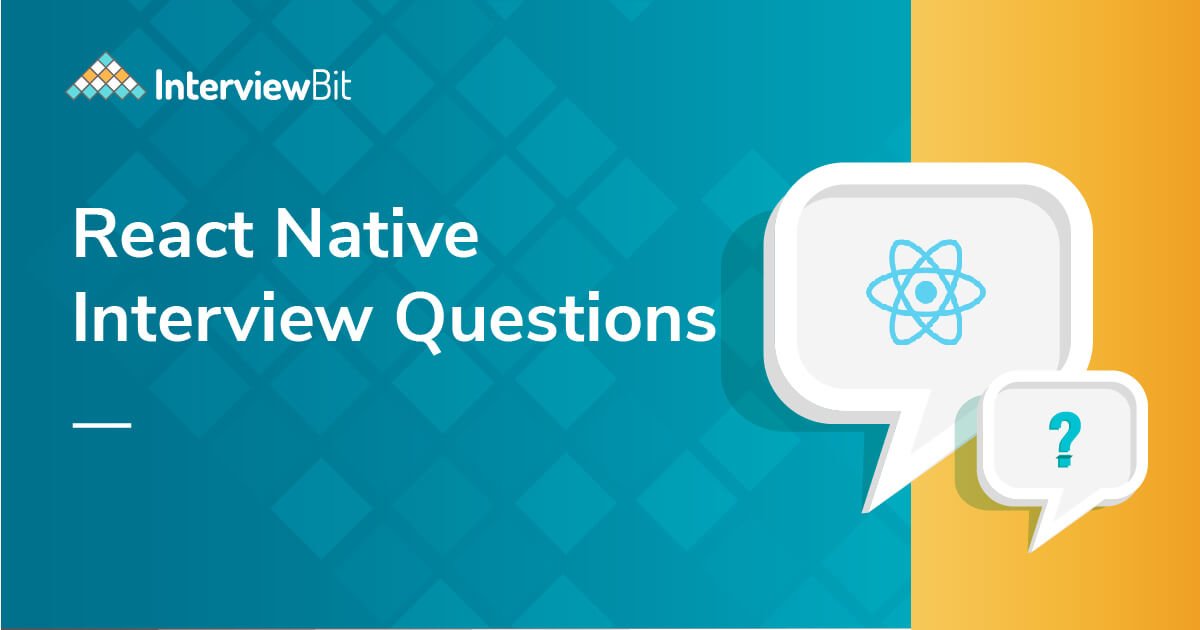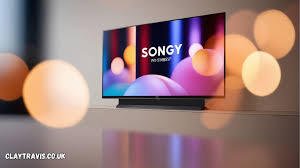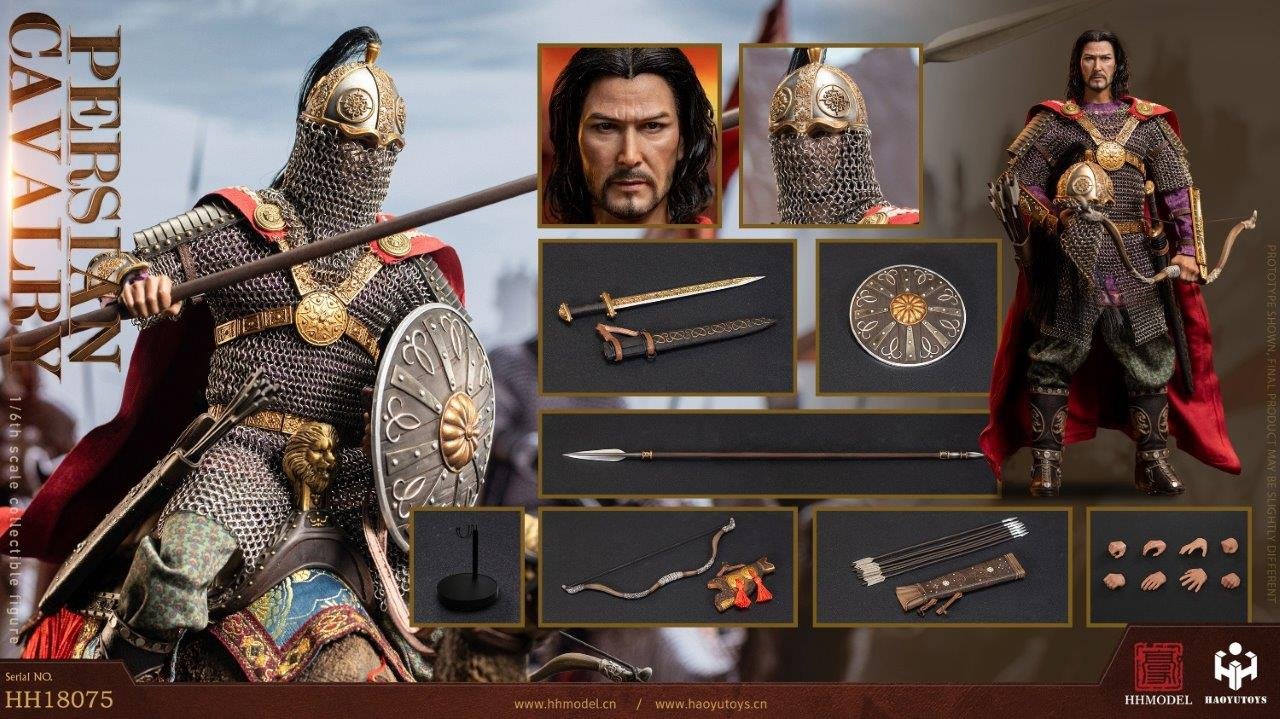Introduction — what this guide does and why it helps
This guide explains common react native interview questions in a clear, friendly way.
I wrote this after years building apps and interviewing developers.
You will get real tips, simple examples, and study ideas.
Each section focuses on a topic you will likely meet.
Sentences are short and easy to read.
I aim for practical help more than textbook theory.
If you study this guide, you will feel calmer in interviews.
I will show how to answer clearly and show your skills.
This guide also lists sample questions you can practice with.
Read it slowly, take notes, and try coding short demos.
With steady practice you will improve a lot and fast.
(Here’s the first set of react native interview questions to get you started.)
Understanding React Native basics: what interviewers expect
Interviewers often start with simple react native interview questions.
They want to see if you know the platform idea.
Explain that React Native uses JavaScript to build mobile UI.
Say it renders native widgets via a bridge.
Mention core parts like components, props, and state.
Tell them about differences between React for web and React Native.
Bring up styling with Flexbox and layout units.
Give a short example: a Button or TextInput component.
Also say you know common tools like Metro bundler and the CLI.
If you used Expo, mention it and when it helps.
This shows practical experience and keeps answers grounded.
Keep short examples ready for follow-up coding tasks.
Core JavaScript and React concepts interviewers check
Many questions focus on JavaScript and React basics.
Expect questions about closures, promises, and async/await.
Interviewers also ask about ES6 features like arrow functions.
You should explain how hooks work, like useState and useEffect.
Show you know component lifecycles and functional patterns.
Give an example of useEffect for data fetch and cleanup.
Talk about immutability and why it matters for state updates.
You may be asked to explain event handling in React Native.
Keep examples short and use plain words to explain logic.
Showing clear code examples is better than long theory.
This proves you can solve real tasks during an interview.
Add small practice snippets to your study plan.
Components and UI: common hands-on questions
Expect many practical react native interview questions about UI.
Interviewers like to ask about functional and class components.
They may ask about FlatList and ScrollView differences.
Be ready to explain key props like keyExtractor.
Mention performance tips like recycling rows and windowing.
Show knowledge of styling with StyleSheet and Flexbox rules.
Talk about accessibility props such as accessible and accessibilityLabel.
Explain how to structure components for reuse and testing.
Use a simple example of a list item component and props.
Bring up platform-specific code with Platform.OS checks.
Sharing a small app example makes answers trustworthy.
Practice building a tiny UI before interviews.
State management and data flow: Redux, Context, and more
Interviewers often ask where to store state in apps.
Explain local state, Context API, and Redux variants.
Give scenarios when Redux still helps a large app.
Talk about useReducer for complex local state logic.
Mention newer tools like Zustand or Recoil if you used them.
Show how to avoid prop drilling with Context or composition.
Discuss side effects with middleware like redux-thunk or sagas.
Explain optimistic UI updates and how to handle failures.
Use a sample flow: fetch data, store in Redux, update UI.
Highlight tradeoffs: setup cost versus long-term maintainability.
Real examples from your work add strong credibility.
Keep answers focused and tie them to app size.
Navigation and routing: common practical questions
Navigation is a frequent topic in react native interview questions.
Most teams use React Navigation or native navigator libraries.
Explain stack, tab, and drawer navigators and when to use each.
Mention deep linking and passing params between screens.
Talk about navigation state and how to persist it.
Cover gestures and header customization basics.
Show a simple code snippet for navigating to a detail screen.
Discuss performance issues with heavy nested navigators.
Bring up modal screens and back button handling on Android.
If you used React Navigation v6, say so and note your version.
Share a quick tip about testing navigation flows with mocks.
Concrete examples help interviewers trust your experience.
Performance and optimization: what to expect in tough questions
Interviewers like to probe your skills with performance questions.
They may ask about list virtualization and avoiding re-renders.
Explain PureComponent, React.memo, and key usage.
Talk about reducing bridge traffic and batching updates.
Mention profiling tools like Flipper and React DevTools.
Bring up image optimization and proper caching strategies.
Discuss memory leaks and how to find them with profiling.
Explain using Hermes or JIT differences for Android and iOS.
Give a concrete fix: convert inline functions to stable callbacks.
Also say you monitor startup time and bundle size.
Show examples from apps where you improved frame rate.
Real fixes you made show experience and build trust.
Native modules, the bridge, and platform integrations
Advanced react native interview questions often cover native code.
Explain what the bridge is and how native modules work.
Say when to write native code for performance or features.
Mention Java/Kotlin for Android and Objective-C/Swift for iOS.
Talk through creating a simple native module step by step.
Explain how to expose methods and events to JavaScript.
Bring up platform permissions, sensors, and camera integration.
If you used auto-linking or CocoaPods, mention it.
Discuss pitfalls like threading and callback patterns.
Show a brief example of why a native module helped an app.
Be honest if you have limited native experience.
Honesty plus eagerness to learn scores well in interviews.
Testing and debugging: unit, integration, and E2E
Prepare for react native interview questions about testing.
Interviewers may ask about Jest and React Native Testing Library.
Explain unit tests for components and snapshot tests.
Talk about mocking native modules and timers in tests.
Mention end-to-end tests with Detox or Appium for flows.
Describe how to debug with console logs and Flipper tools.
Discuss CI setup and running tests on pull requests.
Share a short example of a bug you found with logging.
Explain how you reproduce issues on different devices and OS.
Show you know to test both logic and UI boundaries.
Testing examples from real projects show responsibility and care.
Good test practices raise trust with hiring teams.
Common coding tasks and live coding tips
Many interviews include short coding tasks on the spot.
You might build a small list, form, or toggleable component.
Start by clarifying inputs, outputs, and edge cases.
Write clear, readable code and explain your choices out loud.
Keep components simple and extract functions for logic.
Use hooks like useState and useEffect for side effects.
Pay attention to UI feedback and loading states.
If time is short, focus on correct flow over perfect styling.
Write tests if time permits or describe test cases to the interviewer.
Practice common tasks like debounced search and pagination.
A calm, stepwise approach impresses more than rushed code.
Share a past live coding win to show you can perform.
Behavioral and mobile system design questions
Interviewers also ask behavioral and design questions.
Expect queries about past bugs, teamwork, and trade-offs.
For mobile system design, think about offline-first apps.
Discuss syncing strategies, conflict resolution, and retry logic.
Explain how you would design a photo upload feature at scale.
Talk about storage options: AsyncStorage, SQLite, or Realm.
Mention security for local data and network communication.
Share a time you chose a library and why it fit your needs.
Be concise and use the STAR method for behavioral answers.
Clear stories that show responsibility win interviews.
Design answers should balance user needs and device limits.
Practice one or two design stories before your interview.
Advanced topics and tricky questions interviewers love
Some questions test deep knowledge or edge cases.
You may face questions about threading and the JS event loop.
Expect queries on reconciliation and virtual DOM differences.
Interviewers might ask about native performance counters.
Know how to debug memory and CPU hotspots on devices.
Prepare to explain hermes bytecode and runtime benefits.
Be ready for questions about security, code signing, or OTA updates.
Talk about CodePush or similar for over-the-air updates.
If you know CI/CD for mobile, describe your pipeline briefly.
Be honest about topics you are learning and your plan.
Advanced answers show long-term readiness for senior roles.
Practical examples from real projects add a lot of weight.
Strong finishing tips and a one-week practice plan
Here are study tips for the last week before an interview.
Day 1: review JavaScript fundamentals and hooks.
Day 2: build a small UI with FlatList and navigation.
Day 3: practice state management patterns and a Redux flow.
Day 4: debug a sample app and profile performance.
Day 5: write unit tests and a simple E2E test sketch.
Day 6: rehearse behavioral stories and system design notes.
Day 7: do a mock live coding session with a timer.
Always explain tradeoffs when you answer.
Keep answers short and concrete in interviews.
This plan builds confidence and covers core react native topics.
Small daily practice beats long cram sessions any time.
Conclusion — how to use this guide and next steps
You now have a clear map of common react native interview questions.
Use the study plan and practice small tasks daily.
When answering, show thought, clarity, and practical steps.
Share one or two real examples from your work or practice repo.
Keep learning native bits if you aim for senior roles.
Record short demos and revisit tough spots later.
If you prepare with this guide, you will interview with calm.
Good luck, practice steadily, and stay curious in code.
If you want, I can create a tailored one-week plan for you.
Tell me your current skill level and we will make a plan.
Frequently Asked Questions (FAQs)
Q1 — What exact topics should I master for react native interview questions?
Focus on JavaScript, React hooks, components, navigation, and performance.
Add state management like Redux or Context.
Include testing with Jest and E2E basics.
Know native modules and when to write them.
Practice building lists, forms, and offline sync.
Understand app signing, bundling, and release steps.
These areas cover most common interview tasks.
Hands-on practice beats passive reading in most cases.
Try small projects to link theory with real code.
Real examples from your work make answers stronger.
Q2 — How should I answer live coding react native interview questions?
Start with clarifying the problem and constraints.
Outline your plan in two or three steps.
Write clean, testable code and explain it out loud.
Keep UI minimal and focus on correctness first.
Refactor if time remains and add small tests.
Ask for feedback and show tradeoffs you considered.
This approach shows calm and clear thinking.
Practice with a timer to get comfortable.
Q3 — Which libraries should I mention during interviews?
Mention React Navigation, Redux, and testing tools like Jest.
If you used Expo, say when it helped you.
Name popular state tools like Zustand if you used them.
Mention Flipper for debugging and Hermes for JS runtime.
Show you know native tools like Xcode and Android Studio.
Only list libraries you used and can explain.
Depth beats a long random list of names every time.
Q4 — How many sample questions should I memorize?
Memorize a few starter answers and patterns.
Practice 10 to 20 common react native interview questions.
Focus on explaining tradeoffs for each sample answer.
Record short demo apps for three common tasks.
Use those demos to back up your spoken answers.
This gives you concrete proof of your skills in interviews.
Q5 — How do I show mobile experience if I have only web React experience?
Highlight shared skills like hooks and component design.
Demonstrate learning of mobile-specific topics quickly.
Build a small mobile demo to show basic native knowledge.
Explain differences like layout, gestures, and device limits.
Talk about the tools you would learn next for mobile tasks.
Hiring teams value honesty and a plan to bridge gaps.
Q6 — What mistakes should I avoid in interviews about react native interview questions?
Avoid vague answers and long, unfocused monologues.
Don’t claim deep native experience you do not have.
Avoid ignoring performance or accessibility concerns.
Do not name libraries you cannot explain.
Always show a brief example or plan for practical tasks.
Clear, honest, and example-backed answers win most interviews.









